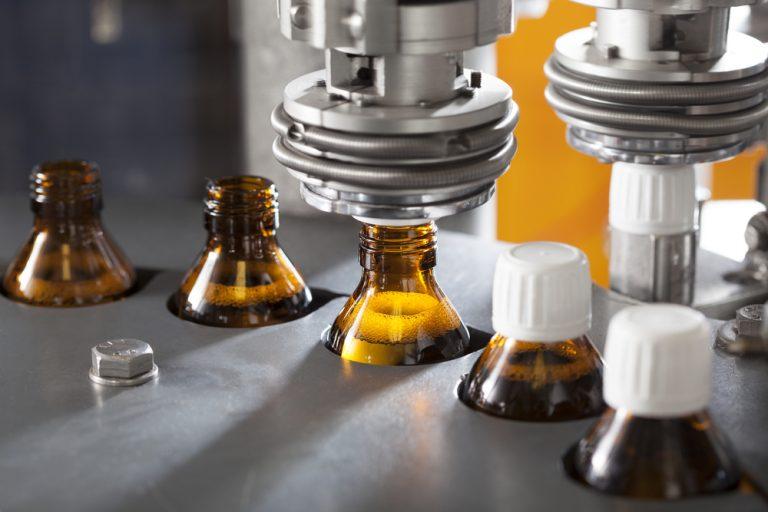
Faron Pharmaceuticals Oy (LON:FARN) have said that they have won approval from the MATINS trial’s data monitoring committee to expand the clinical trial of its Clevegen cancer drug.
The MATINS clinical trial is investigating the drug, which targets both metastatic cancers, forms of the disease which spread to new areas of the body, and inoperable tumours, which cannot be removed from the body surgically.
Faron said that the committee who are monitoring the drug have accepted their proposal that the the initial Clevegen dose for part II of the study should be 0.3 milligrams per kilogram.
A total of ten late-stage colorectal, or bowel, cancer patients are expected to be dosed in this 0.3 milligrams per kilogram cohort, including two patients who had previously received this dose in the earlier part I of the study.
In the initial phase of the study, patients received Clevegen dosage amounts of 0.1 milligramme per kilogramme, 0.3 milligrams per kilogramme, 1.0 milligrams per kilogramme, 3.0 milligrams per kilogramme or 10 milligrams per kilogramme.
Primarily intended to investigate safety and tolerability, the completed Part I of the MATINS trial has already shown that Clevegen administration promoted immune activation in all of the dosed patients.
Dr. Markku Jalkanen, Faron’s CEO, said:
“We continue to be impressed by the potential of Clevegen and are very pleased to have the DMC’s support for the commencement of Part II of the MATINS trial. At just 0.3 mg/kg the dose could provide an unusually high safety margin for the use of this potential therapy as a stand-alone treatment or in combination with other cancer therapies. The decline in expression of negative immune checkpoint receptors post Clevegen dosing warrants expansion of Clevegen testing in numerous cancer types and therefore we will now ensure a rapid expansion of Part II of the MATINS trial to continue investigating the safety and efficacy of Clevegen in various cancer cohorts.”
Developments to Cancer medication
AstraZeneca (LON:AZN) have told shareholders that they have sold two cancer drug rights for $198 million, which saw shares spike.
The firm said that it had sold the rights to drugs Arimidex and Casodex in a number of countries to Juvise Pharmaceuticals for up to $198 million.
Astra added that it had sold the commercial rights for these drugs in numerous countries which included France, Austria, Germany, Cyprus, Turkey, Morocco, Mali, and Cameroon.
Arimedex and Casodex treat mainly prostate and breast cancer, however they have recently lost their compound patent protection in the countries in which AstraZeneca sold to.
In 2018, Arimidex saw sales of $37 million in the countries covered by the new agreement, while Casodex sales were $24 million.
Biotechnology and cancer therapy development group ValiRx Plc (LON:VAL) have also invested heavily into this market.
The company stated that the full-year loss could largely be pinned on expenditure on developing and proving its cancer treatment candidates. It is advancing its clinical trials of the VAL201 prostate cancer treatment and said it was in the pre-clinical stage for other treatments.
In a statement to investors, Company Chairman Oliver de Giorgio-Miller said, “Given the risk-averse funding climate in the reporting period, we sustained momentum in terms of adding value to our assets by advancing VAL201 in the UCLH prostate cancer clinical trial and progressing the pre-clinical advancements of the VAL101 and VAL301 compounds, to bring these closer to the Phase I ready stage.”
It seems that Faron are bringing something unique into the market, and shareholders will be keen to see how the full trial unfolds.
Shares in Faron trade at 277p (+1.65%). 13/1/20 12:36BST.
